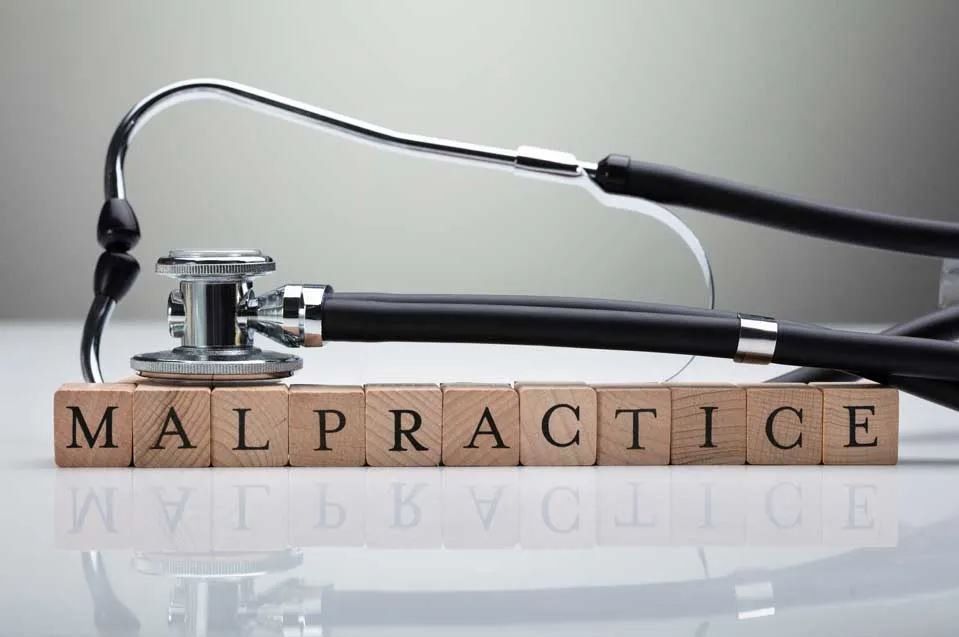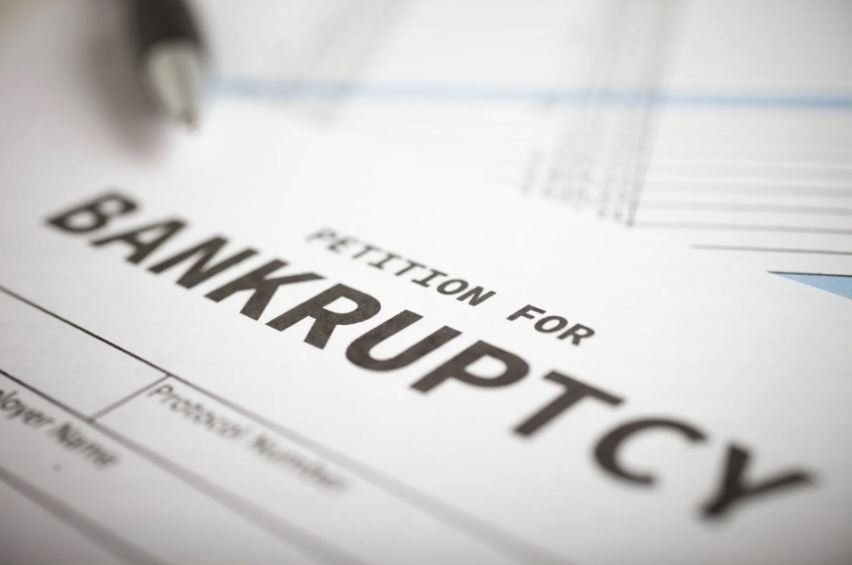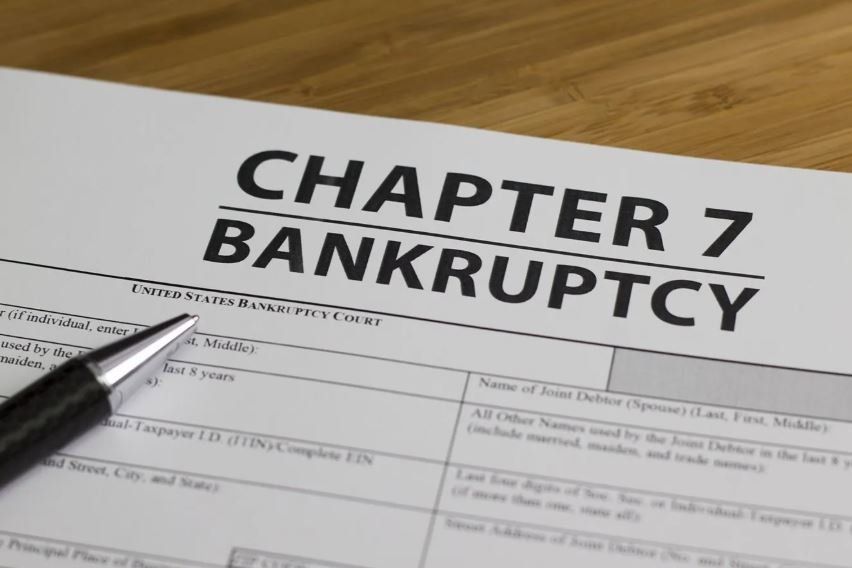Returning to Court After the Divorce is Final: The Facts
Admin • March 6, 2002
After your divorce is final, you'll likely feel relieved and happy the process is over. A divorce typically ends months of anxiety, uncertainty, and frustration and signals a start to your new life.
Unfortunately, just because your divorce is final does not mean you have seen the last of court. In some instances, you may find yourself in divorce court after the finalization of your divorce. As frustrating as this may be, going back to court is necessary for some situations. Read on to learn more.
You Need a Change in Support
If you pay or receive child support or spousal support after your divorce, you may need to petition the court for a change in your payments at some point. Both spousal and child support have specific rules and terms in the divorce decree. However, changes in circumstances happen and may require a modification of the terms of your agreement.
For example, one of you may lose your job or become disabled and unable to work and therefore not capable of making the payments outlined in your divorce decree. You can go back to court to request a modification in the amount you must pay. The modification can be permanent or temporary based on your individual circumstances.
The judge may choose to change the amount of support in your current arrangement. To do this, he or she uses a specific formula to determine the new amounts.
Another option specifically for child support is to reconfigure your custody arrangements. If you are the paying parent and cannot make your payments, the judge may choose to change your custody to 50-50, which generally does not require any child support payments. The final decision depends on the best needs of the situation at hand.
You Need to Enforce Aspects of Your Divorce Decree
The final divorce decree outlines all the decisions and terms of your divorce. This includes how you divide your assets, who pays your debts, how you will handle the marital home, and so on. Each of you will have responsibilities to ensure the important tasks of marriage dissolution are carried out.
Unfortunately, your spouse may not move forward on his or her part of the agreement. The failure to take care of important tasks to finalize your legal connection to each other causes a variety of problems. For example, if you agree in your decree to sell your home and divide the equity and your spouse does not show up to sign the necessary paperwork, this can cause you hardship.
Your former spouse has obligations to follow through with the terms of your divorce decree. If he or she fails to do so, you can take your former spouse back to court to have the decree enforced. The judge will listen to your claim. If he or she agrees your former spouse is not complying with the decree, legal implications are possible unless he or she abides by the decree.
You or Your Former Spouse Is in Contempt
When a former spouse chooses to defy the decree despite going to court for enforcement, he or she can be held in contempt. This occurs when the former spouse willfully defies some or all of your divorce decree, which is an order of the court. The person in contempt has to return to court to face punishment.
Punishment for contempt of court in Alabama depends on a variety of factors. The circumstances of the defiance of the decree determine the final outcome. Some possible punishments include forfeiture of assets, fines, time in jail, or whatever punishment the judge decides to hand down.
If you have any questions about a divorce decree or you need help with other family law matters, please contact William C. Poole, LLC.
The medical care you receive during your pregnancy affects your baby's health. Medical malpractice during pregnancy can harm the baby. Learn more here.
If you own rental property, and you have some problematic tenants, check out these four reasons you can start eviction proceedings.
Do you want to know what will happen to your investments if you declare bankruptcy? Use this short guide to investment types and bankruptcy results.
If you've encountered harm due to a medication you took, you may want to consider filing a lawsuit. Read our blog to learn more about when you should file.





